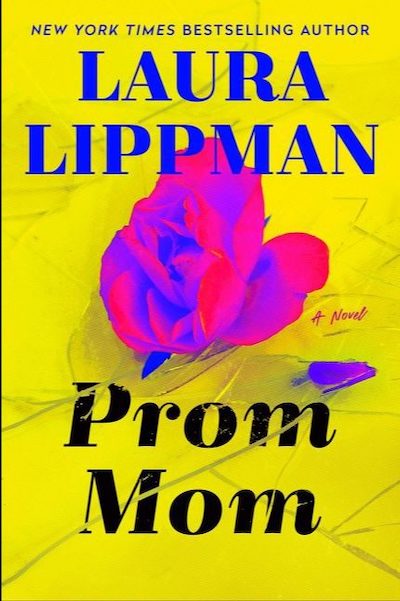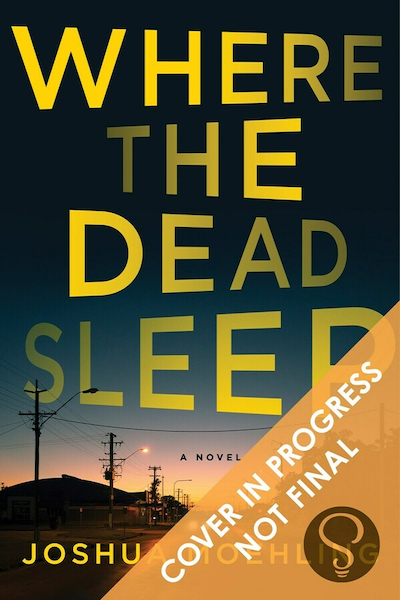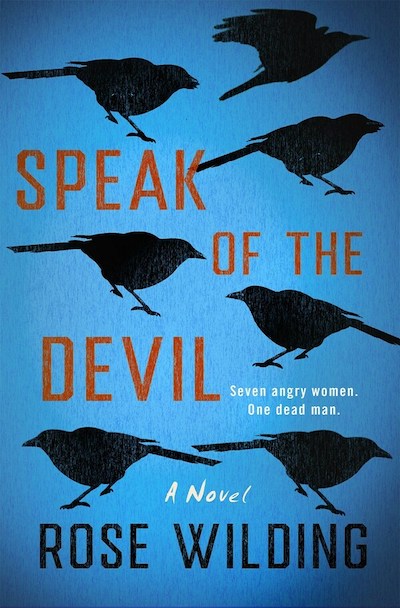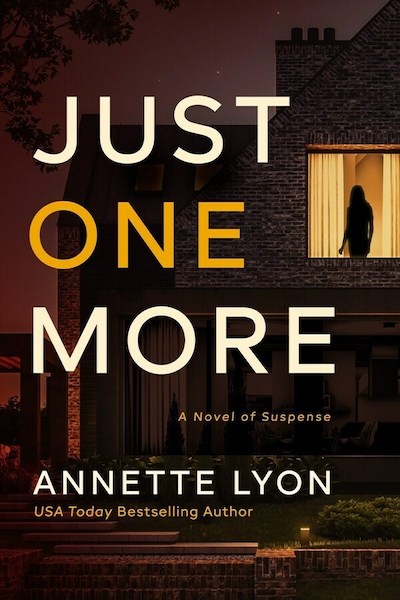Laura Lippman’s standalone novels are tremendously smart, descend deeply into the lives of a small cast of characters, and slowly build the readers’ anxiety to a nearly unbearable level. Prom Mom doesn’t disappoint.
Amber Glass left Baltimore decades ago, and for a good reason. The night of her prom, Amber gave birth, alone and without fully understanding she was pregnant. The baby died, and Amber, burdened with the tabloid moniker Prom Girl, was briefly incarcerated. Meanwhile, her prom date and crush, Joe Simpson, escaped largely unscathed, free to pursue the girl of his dreams.
When circumstances align to bring Amber back to Baltimore, she can’t stop thinking of Joe. Both have full lives. Married to a plastic surgeon he adores with a younger girlfriend on the side (yes, he’s that guy), Joe runs a busy commercial real estate firm, while Amber is using an inheritance to create a surprisingly successful gallery. Yet encounters are inevitable—Baltimore’s a small town—and slowly the two are drawn into a relationship they seem powerless to stop.
Set during 2020-2021, when the pandemic was at its peak and so many lives were being upended, Prom Mom brings us somewhere so shocking, yet so credible, we’re left contemplating this story for days to come.










